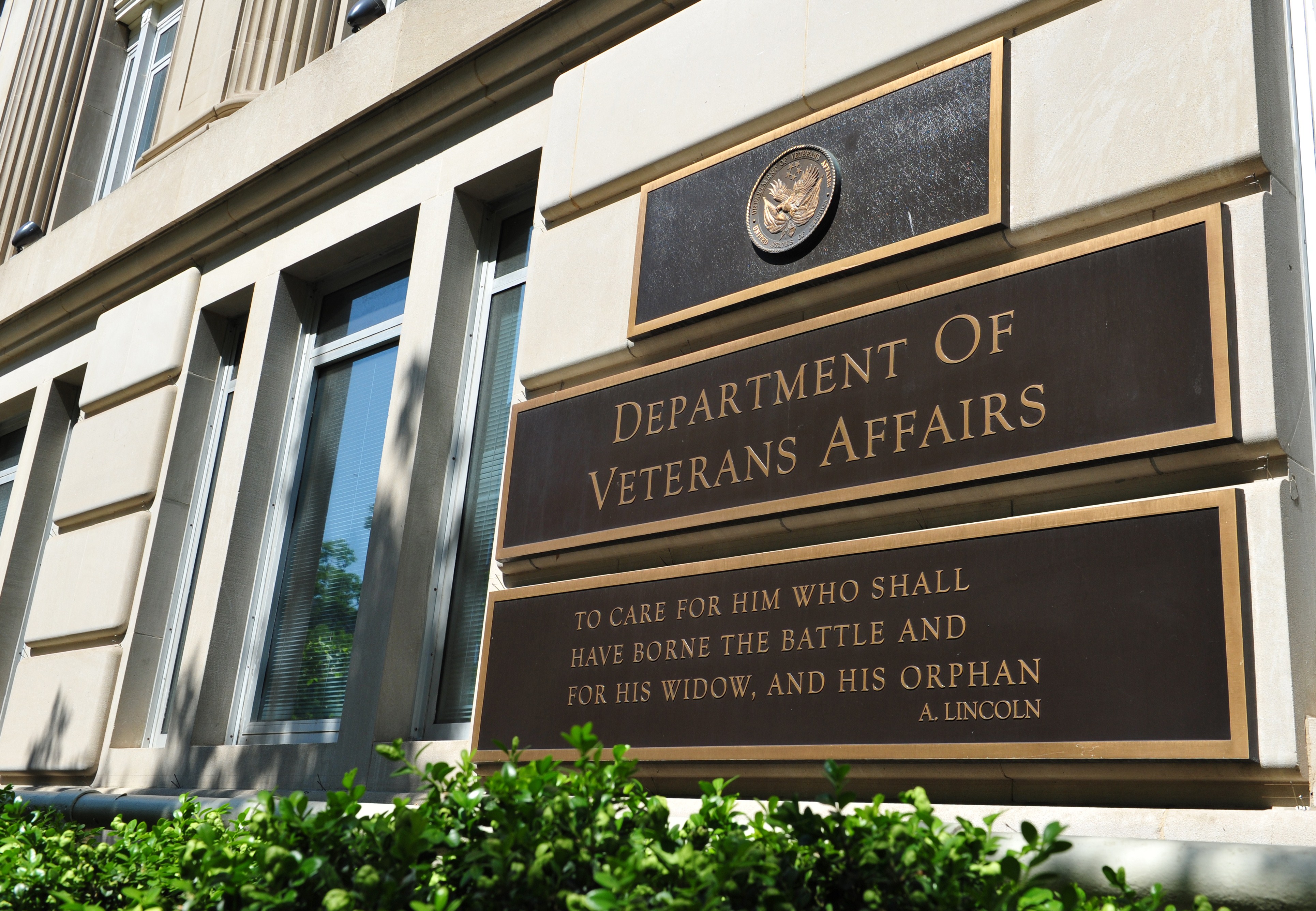Getty image
March 29, 2018
Dr. David Shulkin officially has left the VA, with some impressive successes from his time as secretary. Though this departure might be construed a number of ways, his many accomplishments over the past year and during his prior role as undersecretary for VA health affairs serve as a foundation for the next VA secretary to build upon. Here are some highlights:
Enactment of legislation to reform the VA claims appeals process. The outdated and inefficient VA claims process not only was an unwieldy burden to veterans but also to the VA. The implementation of the new claims process is underway and will require adequate resourcing (specifically in manpower and information technology) for long-term success in veterans obtaining better, faster claims decisions.
Expansion of the Post-9/11 GI Bill. The update to this educational benefit included removing the 15-year expiration date, expanding the types of programs it may be used for, and other important modernizations that keep the benefit relevant to the current job market and veteran population.
Expansion of mental health care for veterans. Shulkin prioritized mental health care and suicide prevention throughout the agency and expanded care for veterans, among other important changes.
While Shulkin's tenure has many high points, other areas remain unfinished that the next VA secretary must keep on his radar or risk significant problems within the veteran population. These include:
VA community care, or CHOICE. This legislation still has not been enacted and will have to be the new secretary's top priority, as the CHOICE program is set to run out of money in May.
Expansion of the VA's caregiver program to pre-9/11 veterans. This legislation is essential to veterans in dire need of assistance due to the progression of their disabling conditions. Shulkin was in agreement that the program should be expanded to these veterans, using certain parameters to keep costs under control. The next secretary should push this legislation over the goal line, as everyone - the VA, veterans' service organizations, Congress, and veterans - seems to agree the program must be expanded to include these veterans.
Toxic exposures. Many groups of veterans remain disabled due to toxic exposures they endured at Fort McClellan, Ala., and in Korea, Guam, Iraq, and Afghanistan, without anyway to prove what their conditions were caused by. Without a change in the law governing these exposures and the conditions they cause, veterans will be left suffering the consequences of wars from decades ago. MOAA and other veterans' organizations have worked extensively with the VA and Congress to change laws to ensure these veterans receive the benefits they earned through their brave sacrifices, and it will be essential for the VA to keep the momentum moving in the right direction.
Despite personal feelings on both sides about Shulkin's departure, the focus must be on ongoing issues that need immediate attention. The next VA secretary needs to be prepared to hit the ground running.
